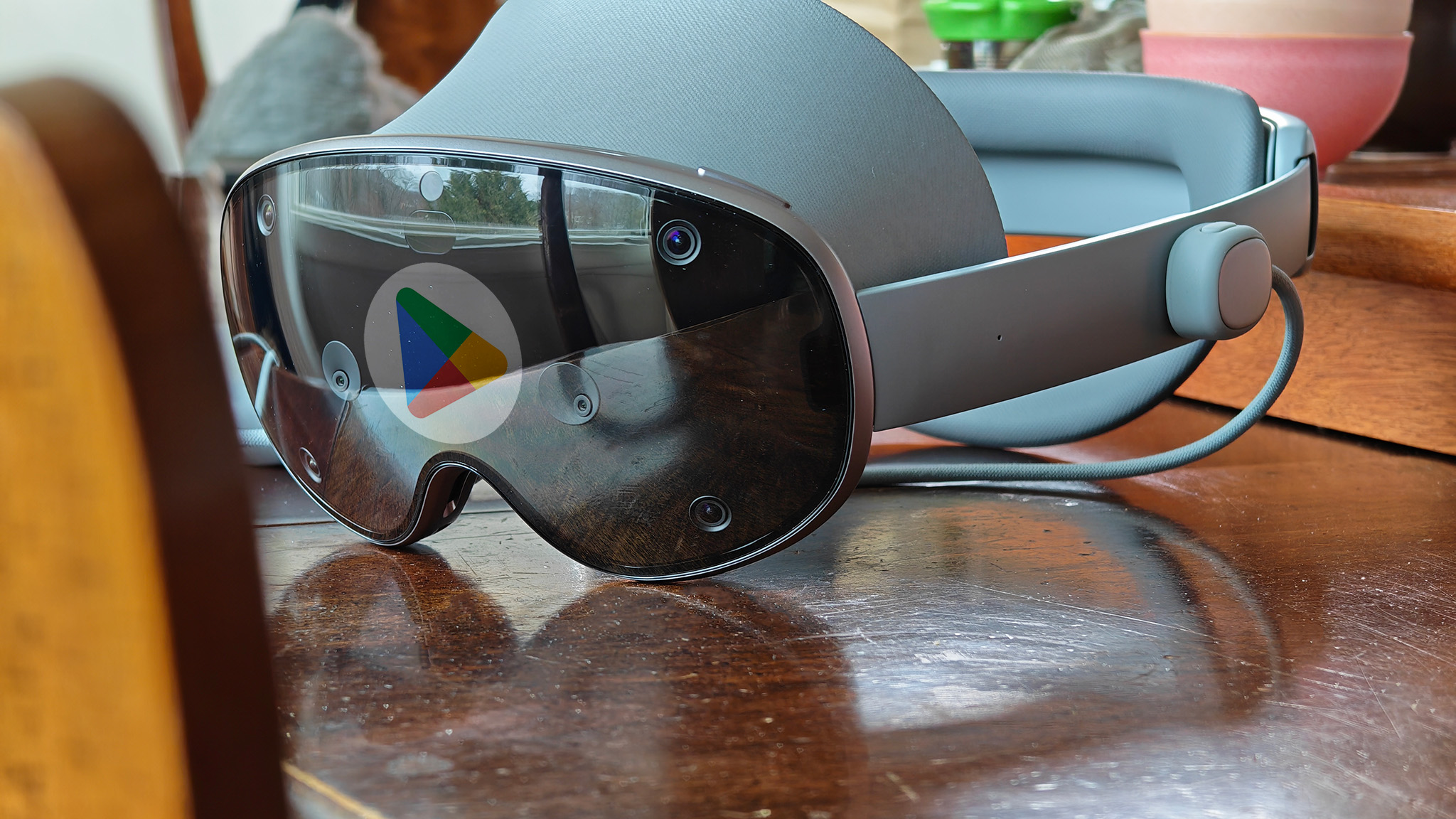It's time smart homes stopped feeling so damn stupid
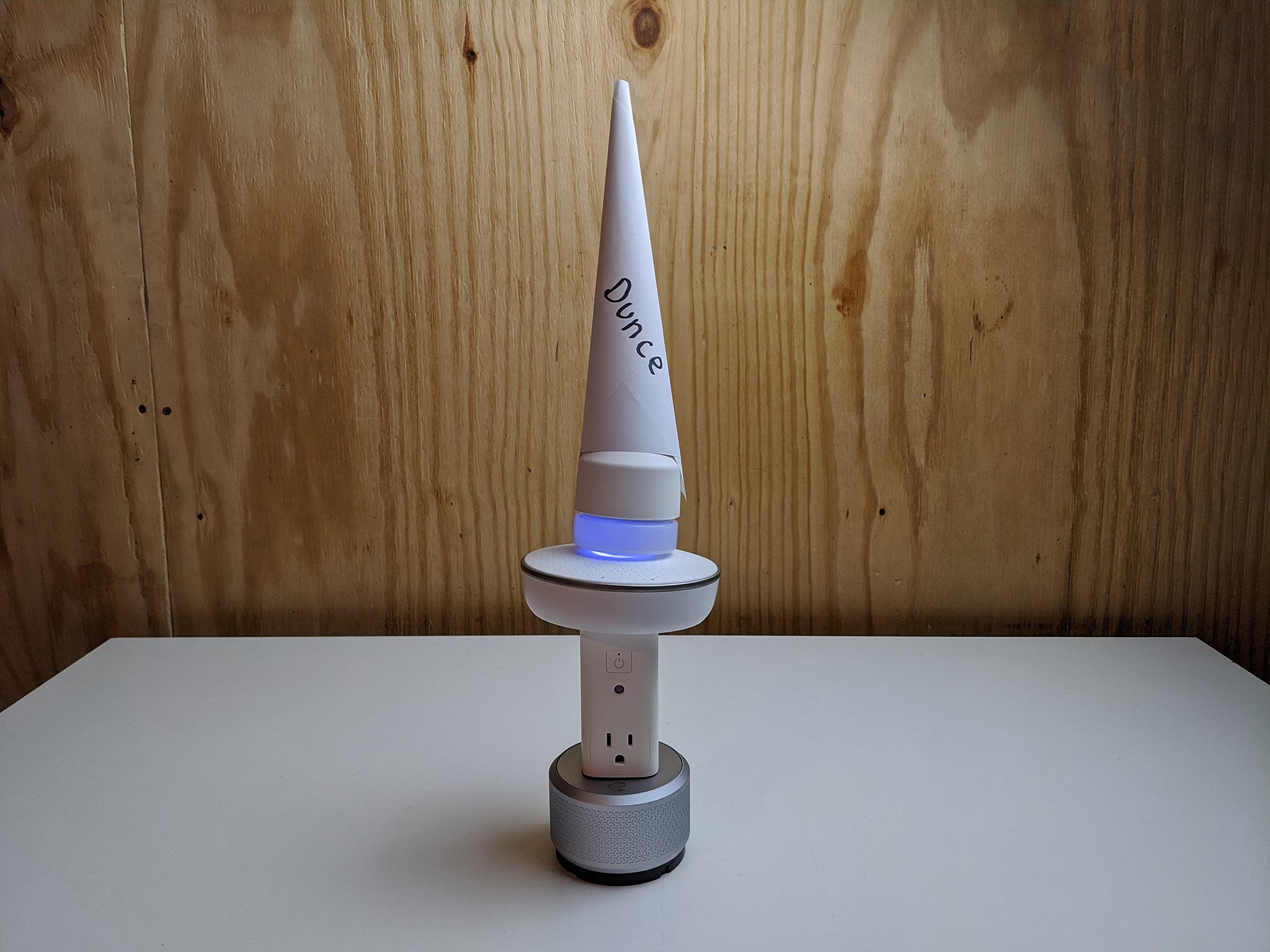
Get the latest news from Android Central, your trusted companion in the world of Android
You are now subscribed
Your newsletter sign-up was successful
When the term "smart home" is mentioned, what's the first thing you think of? Names like Ring, Nest, or Phillips Hue might come to mind, but I have a much grander concept of what a smart home should actually be. I have robot vacuums, a digital weather station on my back porch, smart light bulbs and speakers throughout my home, a video doorbell, a smart thermostat, and any number of other devices that are connected to the internet.
The problem is that none of these devices really understand each other or truly have any idea what the other one is doing. While a modern smart home involves daisy-chaining Bluetooth devices together with complex IFTTT recipes or migrating accounts when your favorite vendor gets bought out, looking back at video games and movies from yesteryear gives me an idea of what we should really have in our homes in 2020.
The problem is that none of these devices really understand each other or truly have any idea what the other one is doing.
When I was a kid, I played through Home Alone for the Sega Genesis. It was a game loosely based on the movie of the same name and, in particular, I recall a special house that made my imagination run wild. The "Ultra-Modern House" had robots and all sorts of cool technology that made it feel like you were getting a glimpse of the future. It was one where you trapped the Wet Bandits by turning automated home devices against the intruders.
Or how about movies like Wallace & Gromit: Curse of the Were-Rabbit, which had a crazy set of Rube Goldberg machines that woke Wallace and Gromit up when a pest was detected. It also dressed them, made their coffee and breakfast, and even alerted the duo of the day's emergency customers by flashing the eyes of the portraits on the wall.
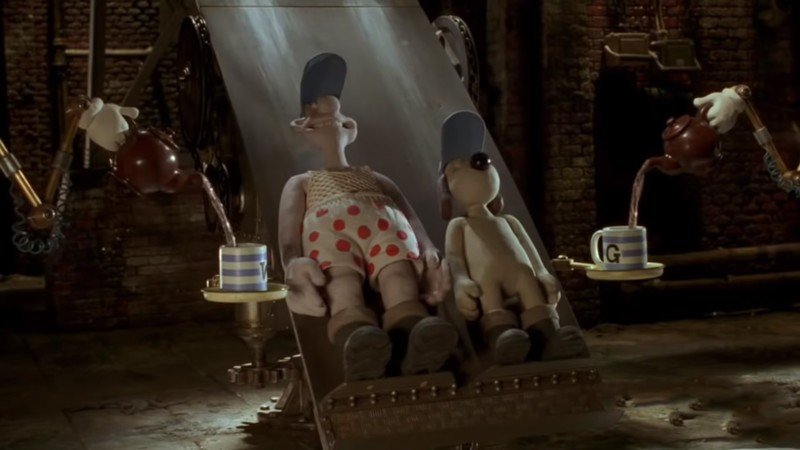
This is amazing, but we need more than just another excuse to be lazy.
Even 1997's Flubber featured another breakfast machine that precision-cut eggs open with a laser, fried them, and even served fresh-pressed coffee at the table. I'm not asking for machines that turn me into a blob of a human being from the Pixar movie WALL-E, but I am asking for a little cooperation from the big names in tech.
But this idea is not a pipedream. It's not like other classic science-fiction ideas of flying cars or laser swords that are still constrained by the limits of our technical knowledge. It's the result of companies with no real vision and no desire to work together for the greater good.
Get the latest news from Android Central, your trusted companion in the world of Android
Chips aren't just for sandwiches or computers
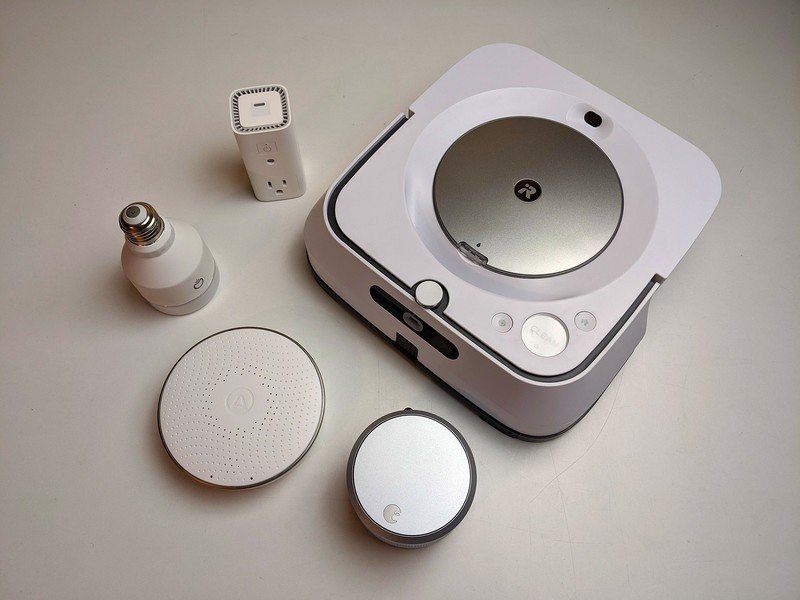
None of these smart gadgets have any idea what the other is thinking.
We finally got a glimpse of this when the CHIP partnership was announced in late December. CHIP, an acronym for Project Connected Home over IP, aims to finally create an open-source standard that lets seemingly any smart home device work with another one, no matter what company makes it. But the formation of this alliance is only the beginning of what we need to see moving forward.
As it stands, CHIP hasn't created anything but hype and buzz. While the partnership is only a few months old at this point, the idea of having a first draft by the end of 2020 feels like lip service to the millions of smart home customers that just want their stuff to work as they hoped it would.
CHIP partners like Amazon, Google, and Apple have all committed to supporting their current products in their existing forms, more or less, while future products are to be developed with CHIP standards in mind. I've got hope that a new decade means a new beginning for smart home tech, but I'm not convinced these companies can put aside their own antiquated concepts of control over the market for the greater good.
CHIPS ahoy, but only if these companies actually want to work together.
Google, for instance, worked to significantly transform Nest products when it canceled the "Works with Nest" program last year in favor of rolling everything into Google Assistant. The guise was simple: Nest accounts were becoming a security liability and Google wanted to get Nest owners into a more secure ecosystem. It also enabled Google to focus development on Assistant rather than continued Nest investment.
That idea backfired spectacularly. Homeowners were furious when they realized that nearly all of the smart home devices they'd invested significant amounts of money into would suddenly stop working together because Google wanted to change things. We also saw a number of prominent homebuilders pull the plug on Nest and move to other device manufacturers that didn't require centralized accounts to keep the process working.
The message is clear: people don't want to be locked into an ecosystem. Not unless it just works, anyhow.
An Apple a day keeps the Gremlins at bay
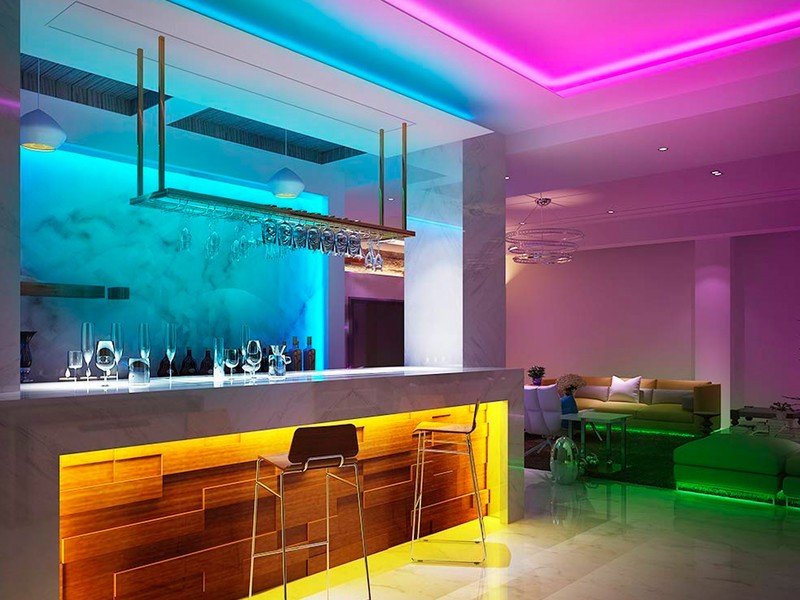
There are two big sides to this coin. The first concerns the politics of working with other vendors without causing headaches, while the second revolves around the actual mechanics of operating a smart home that isn't a royal pain in the butt to configure. Apple's latest patent seems to do exactly that.
In a nutshell, the patent covers the concept of creating smart devices that can communicate with one another in such a way that they don't just link up to perform related commands, they actually know where each device is in relation to the others. These devices can even be used to create a simple floorplan of your home and automatically create routines and commands based on proximity and relation to your daily life.
This goes beyond "simple" ideas like turning off the stove when your kitchen timer beeps. This creates a true spatial relationship between devices in a way we've never seen before. This could mean the difference between voicing a command to turn a light on or off and automatically recognizing that someone needs the light turned on before they walk into a room.
This creates a true spatial relationship between devices in a way we've never seen before.
It also means we could see an entirely new level of energy conservation based on actual human need rather than the desire for convenience. Often times, people waste resources because it's more convenient to waste energy by leaving lights on than it is to constantly turn them on and off. The same goes for many areas of the home that we don't regularly think of, and our smart devices should be able to help us better automatically regulate those areas instead of giving us a slightly easier way to manually control them.
These two concepts would help keep the Gremlins in our home from causing more havoc in our lives than they aim to. Smart home gadgets regularly claim to help save energy by analyzing patterns and creating routines, but this goes beyond simple routine recognition or the neat concept of remote control. It's actually useful, and it's actually helpful to humanity, not just a modern lifestyle.
The dream of a smarter future
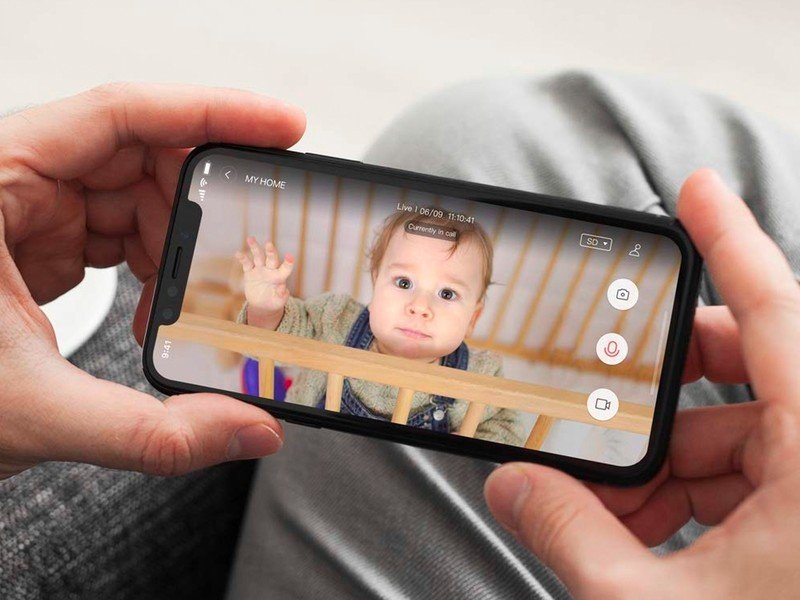
A smart home shouldn't just be about adding more Internet-connected devices to your home; it should be about having more devices that actually understand your needs and adapt to create a more welcoming environment. Devices that aren't designed to just make us lazy, but ones that genuinely improve our lives.
How about a toilet that can automatically clean its handle and seats, or door handles that glow with ultraviolet light after being touched to keep germs from spreading? Obviously, the best answer is to just wash your hands, but we're not going to change human nature and some people simply won't do it. Recognizing these kinds of problems and solving around them is the true definition of smart.
A smart home needs to be more than just adding more sensors, screens and speakers to the internet.
Or what if you had a bathtub that could fill itself and have a nice hot cup of tea waiting for you on those cold, rainy days? Or how about an electric blanket that can turn itself on when it's cold so you don't have to get into frigid bed sheets? Double points for the company that considers the safety implications of flood and fire hazards in these situations and plans accordingly.
I'd love to see a chicken coop that works to ensure my chickens are roosted safely at night, with a door that automatically closes when it detects that all the chickens are up for the night? I have a lot of friends that have lost chickens to opossums, coyotes, or other creatures of the night because they forgot to close the coop up or weren't home in time after dark.
A true smart home thinks about our safety and well-being. It actually provides real energy savings and environmental benefits that make sense in an effortless way. It provides a way for devices to communicate with each other without the burdens of closed ecosystems or troublesome setup. It solves actual problems instead of cluttering our lives with useless features. It's more than simple remote control; it's real quality improvements for real lives.
None of these ideas is far-fetched, but they do require a level of cooperation between companies that we haven't truly seen yet. IFTTT is the closest thing we've seen that works to link smart home devices together, but it's not the solution that will ultimately help smart devices actually understand one another or the relationship they have with you as a homeowner. I'm hoping CHIP proves that 2020 is the year smart home devices finally grow a brain, but I'm also not necessarily holding my breath.


